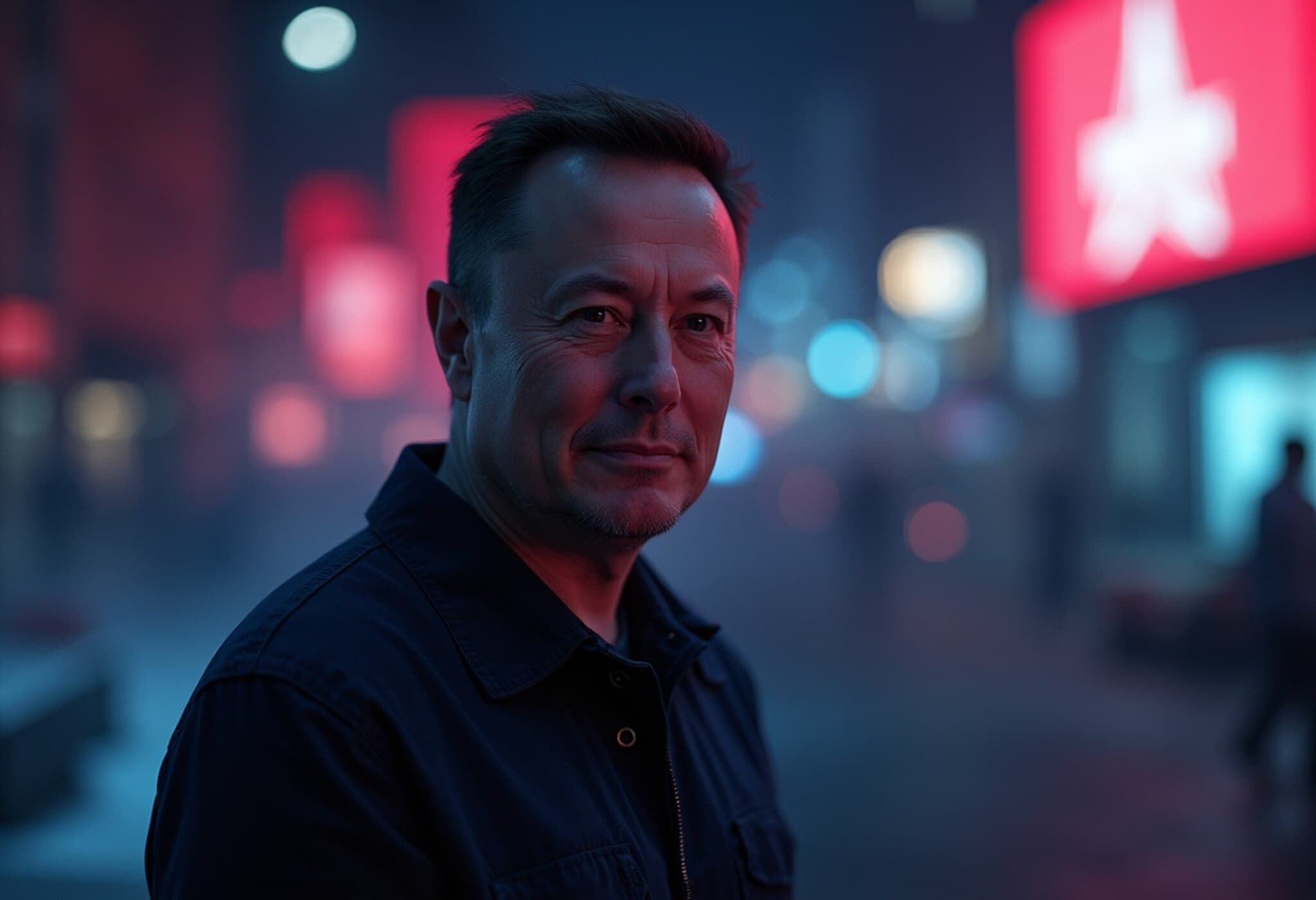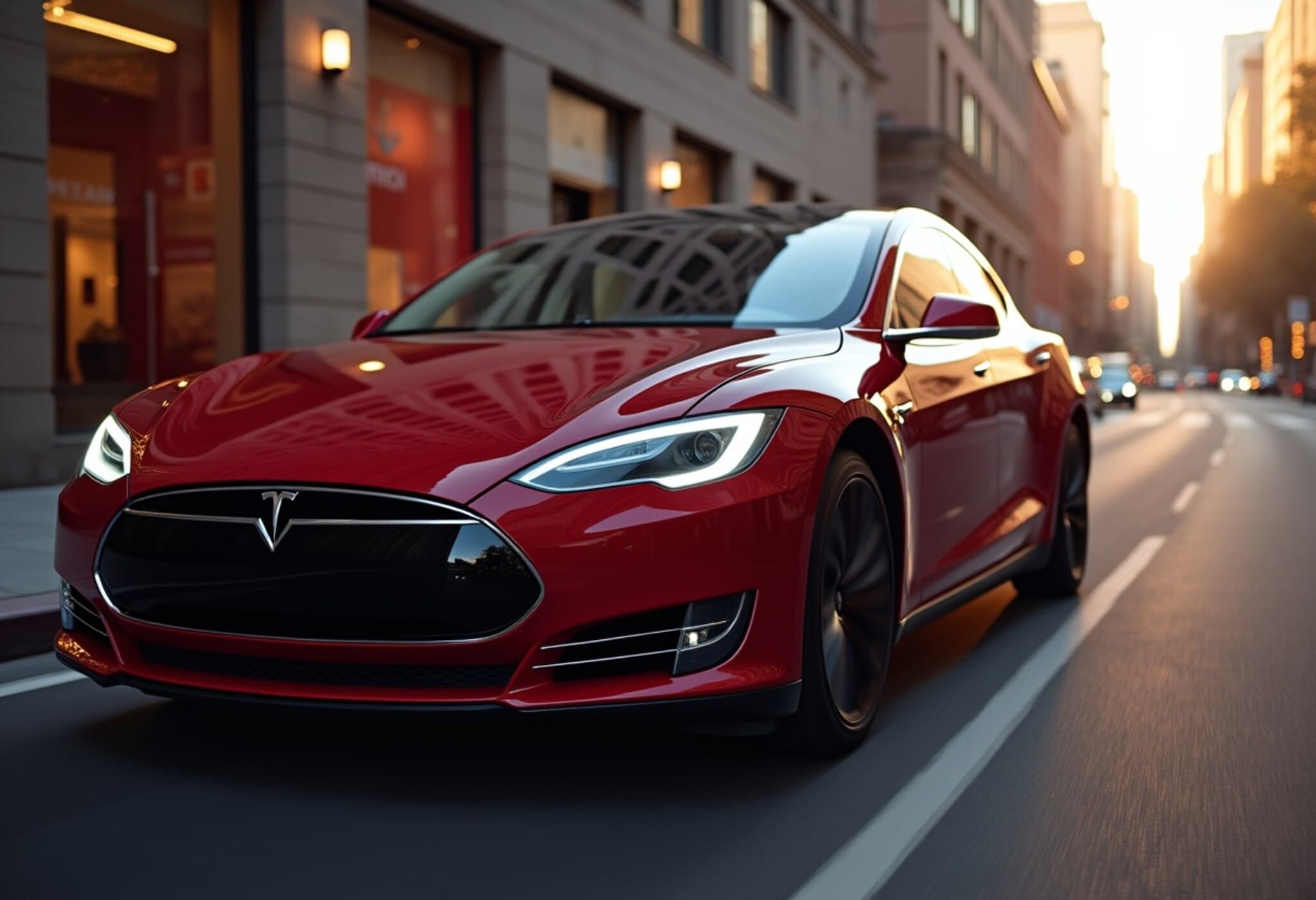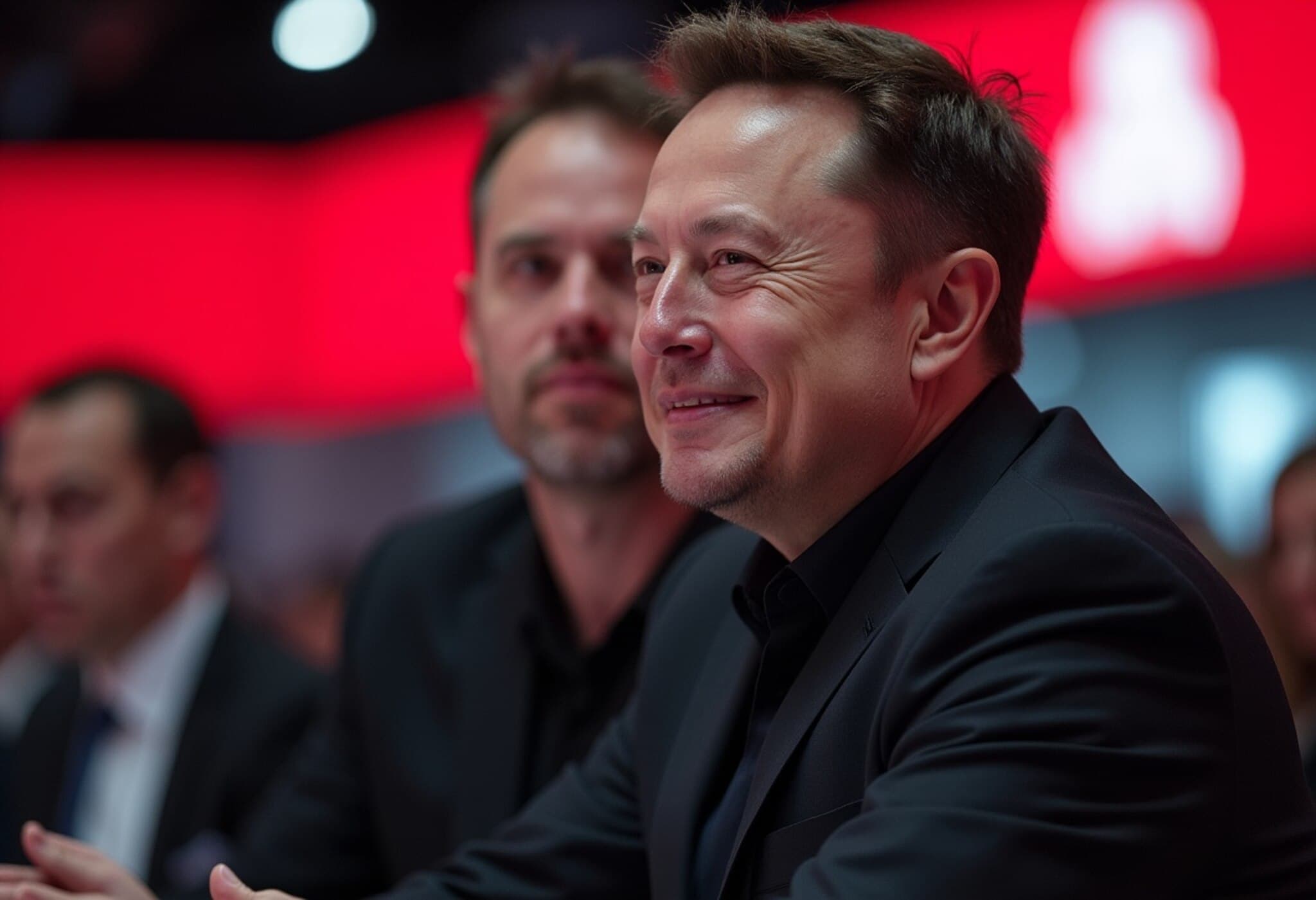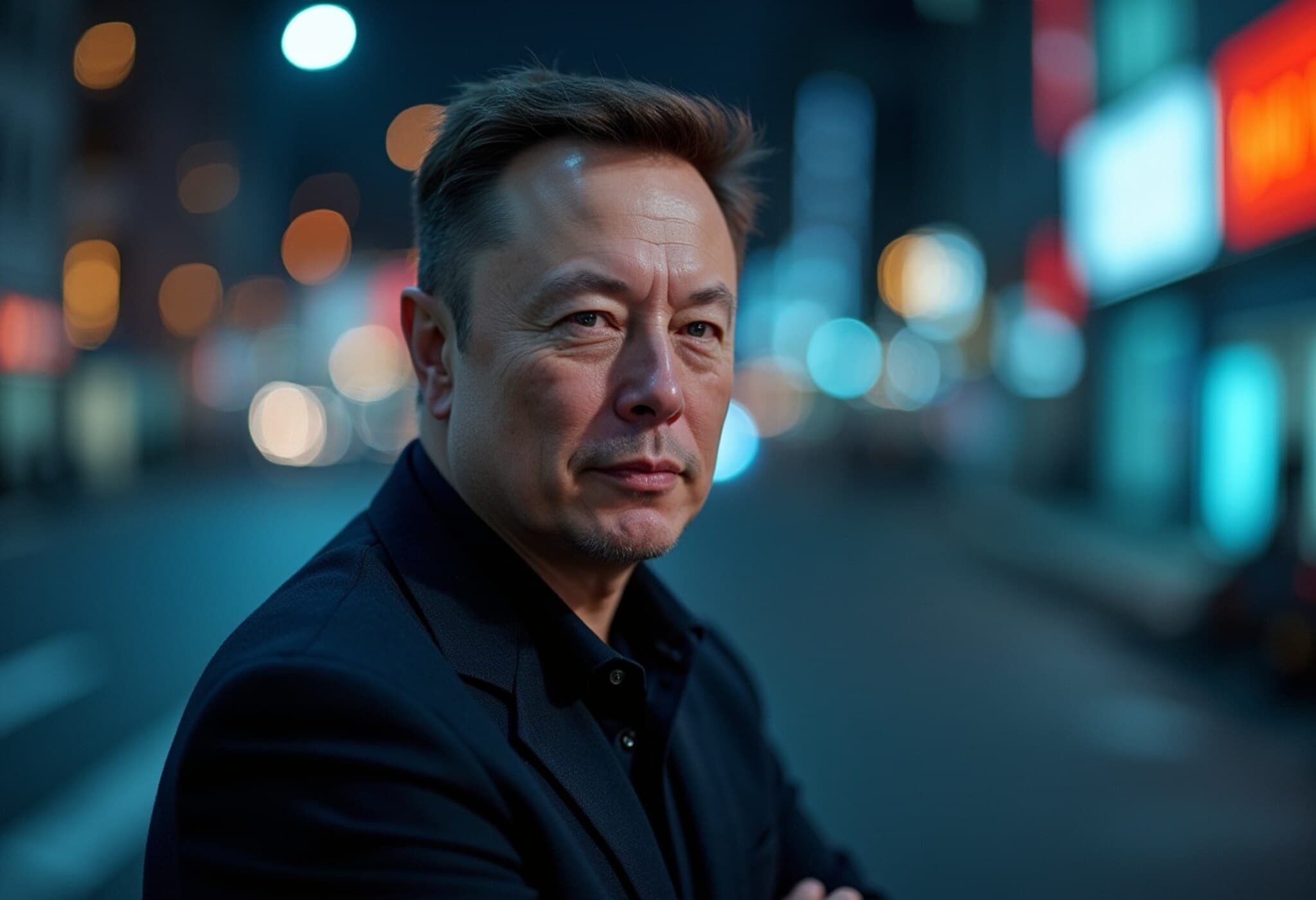Starlink Suffers Network Outage Just After T-Mobile’s Satellite Service Launch
In an ironic twist of fate, Elon Musk’s satellite internet provider Starlink reported a significant network outage on Thursday, barely a day after the launch of T-Mobile’s Starlink-powered satellite service, T-Satellite. The outage disrupted connectivity for thousands of users, with over 60,000 reports logged on outage tracking platform DownDetector, spotlighting the challenges even leading satellite internet providers face in scaling reliable service.
Starlink and T-Mobile Partnership: A Game Changer with Early Hiccups
T-Mobile’s satellite service, unveiled publicly on Wednesday, seeks to leverage Starlink's extensive satellite network to deliver coverage “where no traditional cellphone towers can reach.” This service promises to bridge critical connectivity gaps for rural and remote regions across the United States — a strategic advancement aligned with national goals to close the digital divide.
However, the timing of Starlink’s outage raises important questions about network resilience amid rapid service expansions. Starlink is owned and operated by SpaceX, the space tech company under Musk's leadership, positioning Musk at the nexus of both satellite infrastructure and consumer-facing internet solutions.
Elon Musk's Response and Network Recovery Efforts
This outage follows a pattern of technical disruptions Musk’s ventures have faced recently, including several significant outages on X itself, which Musk acquired for $44 billion in 2022. Operational challenges have occasionally applied pressure on Musk’s ambitious projects, from social media to space connectivity, reflecting the complexity of maintaining seamless service at scale.
Expert Insight: The Growing Pains of Satellite Internet
Industry experts emphasize that outages like this highlight the delicate balancing act for satellite internet providers aiming for rapid nationwide coverage. A recent study has indicated that as Starlink’s user base grows, internet speeds and reliability can experience fluctuations — a phenomenon partly due to bandwidth allocation and satellite capacity constraints.
Given that T-Mobile’s T-Satellite service depends on the Starlink network, any disruption in Starlink infrastructure could ripple through newly launched services, affecting millions who depend on this technology for connectivity in underserved areas.
Implications for U.S. Connectivity and Policy Considerations
With federal initiatives focusing on expanding broadband access, especially in rural America, satellite providers like Starlink are key strategic players. However, outages risk slowing progress and raise important policy discussions regarding network reliability standards and consumer protections for emerging satellite internet services.
Furthermore, the intertwining of Musk’s businesses—from SpaceX’s infrastructure to T-Mobile’s consumer offerings—shows how tech conglomerates are reshaping the telecom landscape. Regulators and consumers alike will be watching closely to see how service quality is maintained amid such rapid innovation.
Looking Ahead: Can Satellite Internet Live Up to Its Promise?
- Robust Infrastructure Investment: Continuous upgrades will be necessary to mitigate outages as user demand surges.
- Transparent Communication: Providers must keep consumers informed, managing expectations during technical difficulties.
- Policy Support: Government frameworks need to address emerging challenges unique to space-based internet services.
While Musk’s vision to connect the unconnected remains inspiring, this recent outage serves as a reminder of the technological and operational complexities in delivering reliable global satellite internet.
Editor’s Note
This outage not only highlights the vulnerabilities in cutting-edge satellite internet technology but also underscores the critical importance of reliability for consumers increasingly reliant on these networks. As satellite services play an expanding role in America’s broadband ecosystem, stakeholders must balance innovation with stability, ensuring equitable access without sacrificing performance. How SpaceX and T-Mobile navigate these early challenges could very well set the tone for the future of satellite-enabled connectivity worldwide.



















